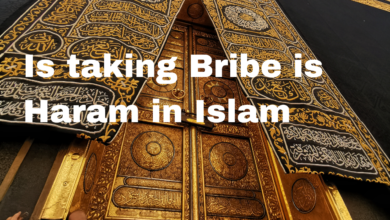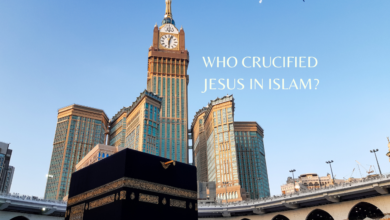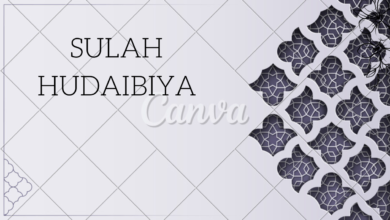Muslima
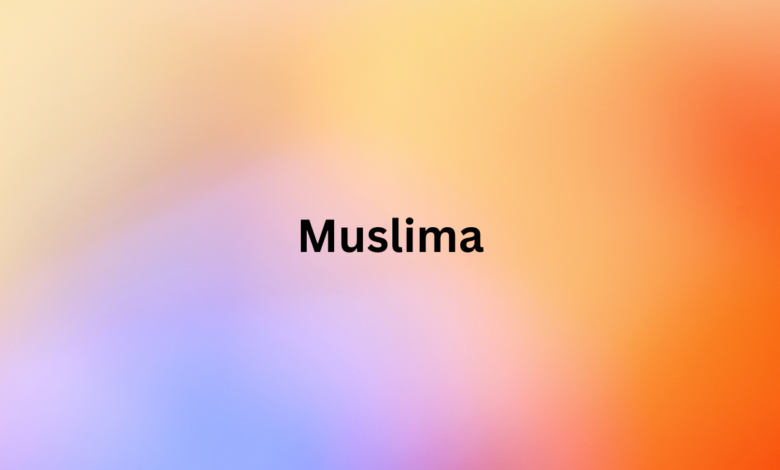
Muslima
Muslima is a term used to refer to Muslim women. It represents the diverse group of women who follow Islam, a monotheistic Abrahamic faith.
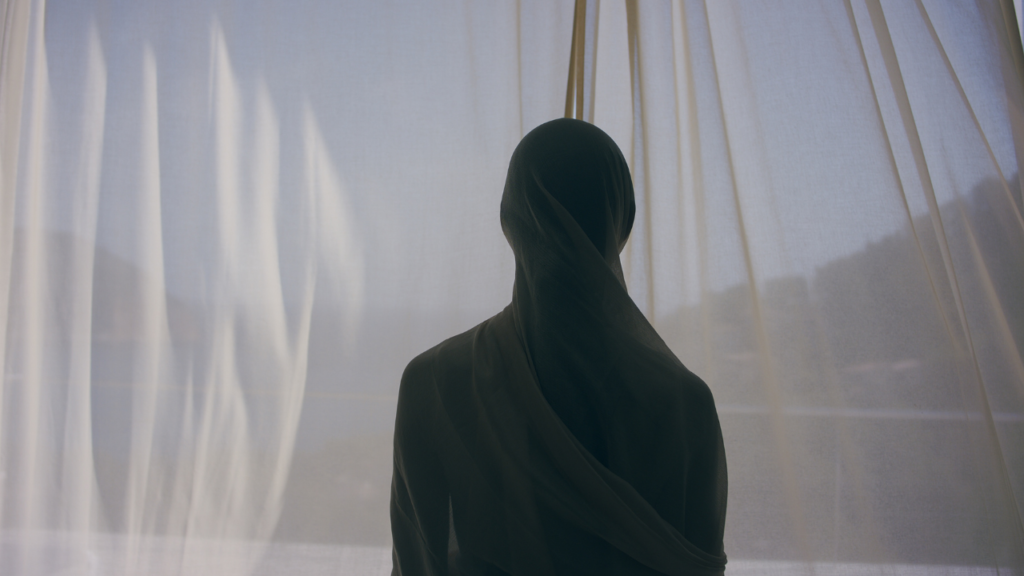
Introduction-Muslima
The term “Muslima” refers to a Muslim woman, and it encompasses a diverse and vibrant group of individuals spread across the world. Muslima is not just a label; it represents a unique blend of faith, culture, and identity. Unfortunately, Muslim women often find themselves the subject of stereotypes and misconceptions. In this article, we will explore the rich tapestry of Muslima, shedding light on their roles, experiences, and contributions to society.
Diversity of Muslima
The Muslim world is incredibly diverse, spanning continents, cultures, and languages. Muslim women come from various backgrounds, including Arab, South Asian, African, European, and American, among others. Each of these backgrounds contributes to the rich mosaic of Muslima, highlighting the fact that there is no single Muslim identity.
Also check.
- When was the Prophet Muhammad born?
- What did Prophet Muhammad say about Jesus Christ?
- What is difference between Sunni and Shia?
- Why Suicide is Haram in Islam
- When does Ramadan end?
Religious Practices and Spirituality
Muslima, like their male counterparts, follow the tenets of Islam. They observe the five pillars of Islam, including the declaration of faith (Shahada), prayer (Salat), fasting during Ramadan (Sawm), almsgiving (Zakat), and pilgrimage to Mecca (Hajj). These practices strengthen their faith and provide a sense of purpose and community.
Additionally, Muslim women have a deep spiritual connection with Allah (God) and seek guidance through prayer, reflection, and the reading of the Quran. Their spiritual journey is a source of strength and resilience in facing life’s challenges.
Education and Professionalism
Contrary to the stereotype of Muslim women being confined to their homes, Muslima are actively engaged in education and the workforce. They pursue various fields of study and excel in professions ranging from medicine and law to engineering and arts. Education is highly valued within the Islamic tradition, and many Muslima are encouraged to seek knowledge and contribute to society.
Furthermore, Muslim women contribute significantly to their communities by participating in various social and humanitarian efforts. They are involved in charitable organizations, healthcare, education, and advocacy, striving to make a positive impact on the world.
Modesty and Empowerment
The concept of modesty is often misunderstood when it comes to Muslima. While some choose to wear the hijab (headscarf) or other modest clothing as an expression of their faith, it’s essential to remember that this choice does not diminish their agency or autonomy. Modesty is a personal decision that is often driven by a deep sense of spiritual and cultural identity.
Many Muslim women feel empowered by their choice to observe modesty, as it allows them to focus on their inner qualities, intellect, and character rather than external appearances. Empowerment for Muslima is about making choices that align with their beliefs and values, which can be seen in their diverse career paths, leadership roles, and active participation in social and political spheres.
Challenging Stereotypes
Unfortunately, Muslim women continue to face stereotypes and discrimination. The media portrayal of Muslima is often limited to negative stereotypes, perpetuating misconceptions about their lives and experiences. It is crucial to challenge these stereotypes and seek a more nuanced understanding of Muslim women.
Conclusion
Muslima represent a diverse and dynamic group of individuals who contribute significantly to their communities and the world at large. Their faith, values, and diverse backgrounds shape their experiences and perspectives. Understanding and appreciating the strength, resilience, and contributions of Muslima is essential to building a more inclusive and tolerant society. It is time to move beyond stereotypes and recognize the unique and valuable role that Muslim women play in our global community.
FAQs-Muslima
Who are Muslima?
Muslima is a term used to refer to Muslim women. It represents the diverse group of women who follow Islam, a monotheistic Abrahamic faith.
Do all Muslim women wear the hijab?
No, not all Muslim women wear the hijab (headscarf). The choice to wear it is a personal one and can vary depending on individual beliefs, cultural background, and personal preference.
What are the key religious practices of Muslima?
Muslima, like their male counterparts, observe the five pillars of Islam, which include the declaration of faith (Shahada), prayer (Salat), fasting during Ramadan (Sawm), almsgiving (Zakat), and pilgrimage to Mecca (Hajj).
Are Muslim women allowed to work and pursue education?
Yes, Muslim women are encouraged to seek knowledge and contribute to society. Many Muslim women pursue higher education and have successful careers in various fields.
What is the significance of modesty for Muslima?
Modesty is a personal choice and can manifest in various ways, such as wearing modest clothing or the hijab. It is often seen as a way to focus on inner qualities, intellect, and character rather than external appearances.
Are Muslima empowered within their communities?
Absolutely. Muslim women are active participants in their communities, often engaging in social and humanitarian efforts, as well as taking on leadership roles in various spheres.
How can we challenge stereotypes about Muslim women?
Challenging stereotypes involves educating oneself about diverse cultures and beliefs within the Muslim world, engaging in open and respectful dialogue, and seeking to understand individual experiences rather than relying on generalized assumptions.
What is the importance of diversity within the Muslima community?
The Muslima community is incredibly diverse, spanning various cultures, languages, and backgrounds. Recognizing and celebrating this diversity is essential for fostering a more inclusive and understanding society.
How can we support and promote the empowerment of Muslim women?
Supporting the empowerment of Muslim women involves promoting education, advocating for equal opportunities, and actively working to eliminate discrimination and bias based on religion or gender.
What are some examples of Muslima making positive contributions to society?
Muslim women are involved in various fields, including healthcare, education, law, arts, and activism. They contribute to society through their work, community service, and advocacy efforts, making significant and positive impacts.
